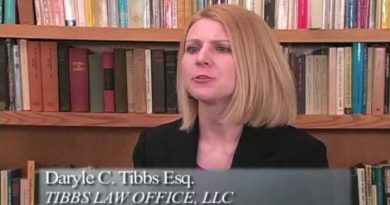Are you prepared for the costs of long-term care?
Many people don’t pay much attention to senior long-term care expenses. First, the belief that you won’t need long-term care because you have led a relatively healthy lifestyle. Let’s examine these assumptions. When you find out the facts, you may come away with a renewed perspective.

There is a life expectancy tool on the Social Security Administration website. If you plug the numbers in for a woman celebrating her 67th anniversary today, you will see that the life-expectancy is 87. If you have not yet received Social Security benefits, you will be eligible to receive them when you reach 67 years old. Most people certainly expect to live long enough to collect their benefit.
When you put two and two together, you see that there’s a good chance that you will experience life as an octogenarian.
Alzheimer’s Disease
A lot of seniors in nursing homes are unable to handle their own needs because of Alzheimer’s disease. According to the Alzheimer’s Association, about one third of people that are 85 years of age and older have contracted the disease.
Nursing Home Costs
Alzheimer’s alone is enough to get your attention, and people ultimately require nursing home care for other reasons. The United States Department of Health and Human Services tells us that 35 percent of seniors will spend time in nursing homes.
Genworth Financial has been researching long-term care costs for a number of years, and they are now making projections. According to their research the annual median cost of a private room at an Oklahoma City nursing facility will be over $150,000 in 2040. A married couple could face two separate bills. The average stay in a nursing home is one year, and 13 percent receive care for over five years.
Medicaid Eligibility
Fortunately, there is a solution to address senior long-term care costs. Medicaid will pay for nursing home care if you are eligible. Some assets do not count, such as your home, which has a $713,000 equity cap. You can also maintain ownership of one vehicle, wedding and engagement rings, household belongings, and personal items.
Income-Only Medicaid Trust
You can establish and fund a Medicaid trust to get assets out of your name so you can gain eligibility in the future. This would be an irrevocable, so you wouldn’t be able reach the principal once you funded the trust. You can continue to receive income if the trust earns money. The strategy is successful if you apply for Medicaid five years after funding the trust. Take Action Now!
We will help you create a legacy plan that will benefit your loved ones while preparing for long-term senior care costs. To get started, call our Oklahoma City estate planning office at 405-843-6100.
Our Tulsa location can be reached at 918-615-2700, and you can use our contact form to send us a message.






